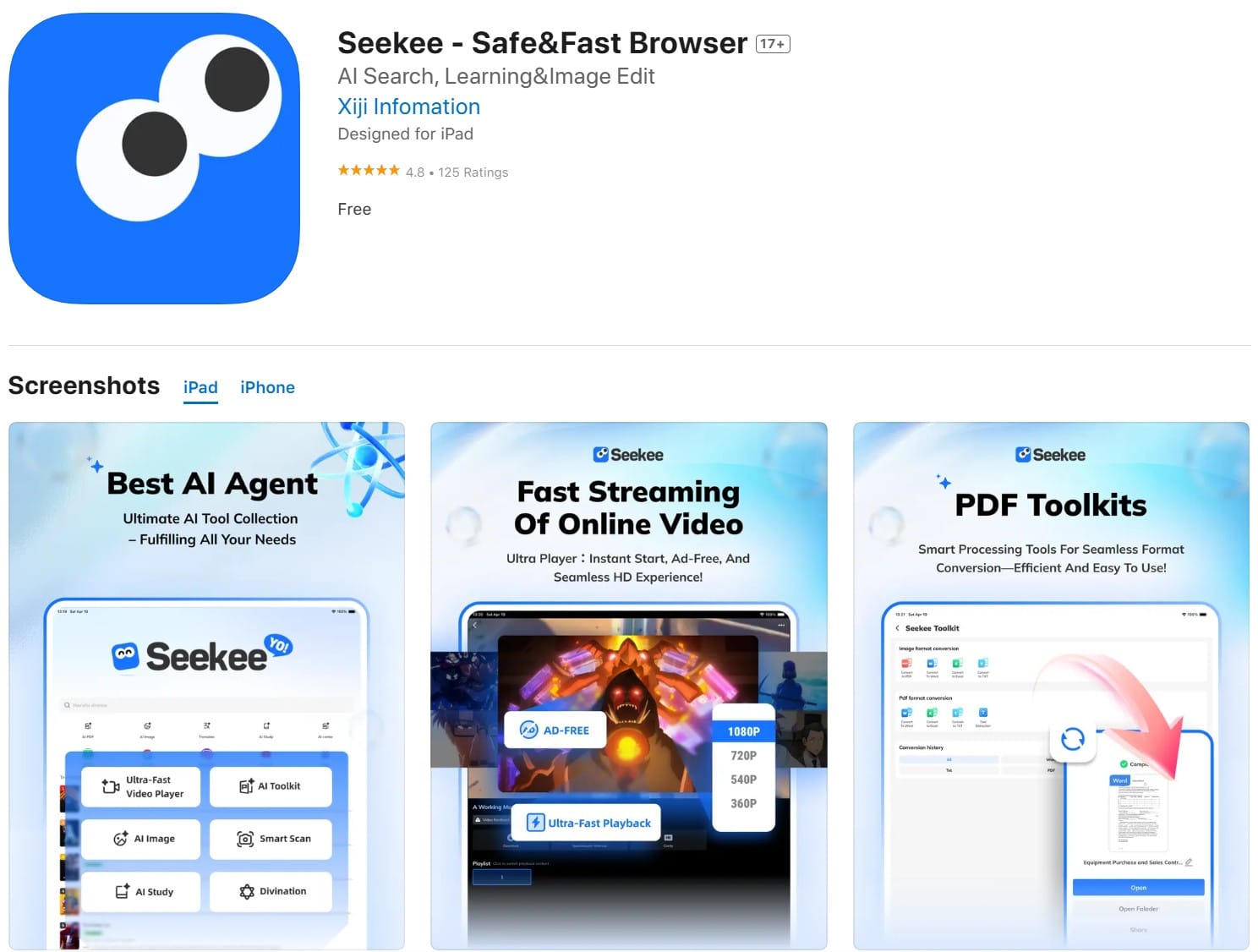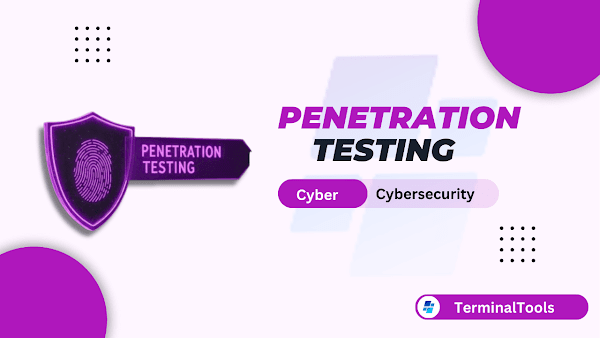Exploring the Power of a Proxy Server for Better Internet Performance
In the world of online browsing, there’s a secret weapon that can transform your internet experience—whether you’re protecting your personal data or speeding up your company’s network. Enter the proxy server. But what exactly is it? A proxy server acts like a traffic cop, guiding your internet requests through a secure, controlled path instead of sending them directly to their destination. By acting as the middleman between you and the internet, proxies enhance your privacy, security, and even performance. In this article, let’s dive into how proxies work and why they’re indispensable in today’s digital age. What Does Proxy Server Mean A proxy server is like a gateway between your device and the vast expanse of the internet. When you request a webpage, the request doesn’t go directly to the site. Instead, it first reaches the proxy. The proxy processes the request, fetches the data, and then sends it back to you. Imagine you’re sending a letter. Instead of mailing it directly to the recipient, you drop it off at the post office (the proxy), which handles the delivery. This is how proxies route your internet traffic—securely and efficiently. But the benefits go beyond just routing. Proxies can enhance your security, improve privacy, and even speed up your connection. Why Proxy Servers Matter You might be wondering: Why bother with a proxy? Let’s break it down: Boosted Security One of the biggest perks of using a proxy is the added layer of security. The proxy acts as a protective barrier between you and potentially harmful sites. It filters out malicious content before it can even reach you. This helps block phishing attacks, malware, and other threats. Think of it as an immune system for your internet browsing, keeping harmful elements at bay. Anonymity and Privacy Your privacy is precious. With a proxy, you can shield your real IP address from the websites you visit. Instead of your personal information being exposed, the site sees the IP address of the proxy. This is especially useful when you’re browsing sensitive content or shopping online. Also, if you want to access content that’s restricted to certain regions, a proxy can make it appear as if you’re browsing from another country. That means you can bypass geo-blocks and access streaming services or websites that would otherwise be off-limits. Speed and Performance Who doesn’t love faster internet? Proxies cache (store) copies of websites, meaning they don’t need to fetch the same data every time you visit. So, when you request a site, the proxy serves up a faster version, reducing load times and improving browsing speed. For businesses, this can reduce bandwidth usage and enhance overall network performance. No more waiting for pages to load—just smooth, fast browsing. Proxy Server Types You Need to Know Not all proxies are created equal. There are different types, and each serves a unique purpose. Here’s a quick rundown: Forward Proxy The forward proxy is the most common type. It stands between your device and the internet, forwarding your requests. It’s often used in corporate settings to monitor and control employees' internet access, ensuring they’re visiting safe and appropriate sites. Reverse Proxy While a forward proxy handles client requests, a reverse proxy works for the server side. It’s used by websites to manage incoming traffic. The reverse proxy decides which server should handle the request, helping distribute the load evenly. This keeps websites fast and responsive, even during peak traffic times. Transparent Proxy A transparent proxy doesn’t alter your data. It just forwards it along its way. These are often used for caching or monitoring network activity without changing the content of the data. Real-World Proxy Server Use Cases To truly understand proxies, let’s look at how they’re used in the real world. Enterprise Security In the corporate world, proxies are a staple. They protect networks from cyber threats by filtering harmful sites and controlling internet access. Employees can’t access dangerous content, and the company can track and manage online activity. It’s the first line of defense in any business’s cybersecurity strategy. Breaking Through Geo-Limits Ever tried to watch a video, only to be hit with a “not available in your region” message? Proxies make that problem disappear. By routing your traffic through a proxy server in a different location, you can access content that’s blocked in your country. It’s perfect for streaming services, global news, and more. Optimizing Bandwidth and Speed For ISPs and large businesses, proxies help reduce traffic congestion. By caching frequently accessed sites, proxies reduce the load on servers and improve browsing speed. They also allow businesses to track bandwidth usage, ensuring that limits aren’t exceeded. The Hurdles of Using Proxy Servers Like any tool, proxies have a few potential drawbacks. Speed Issues: If too many
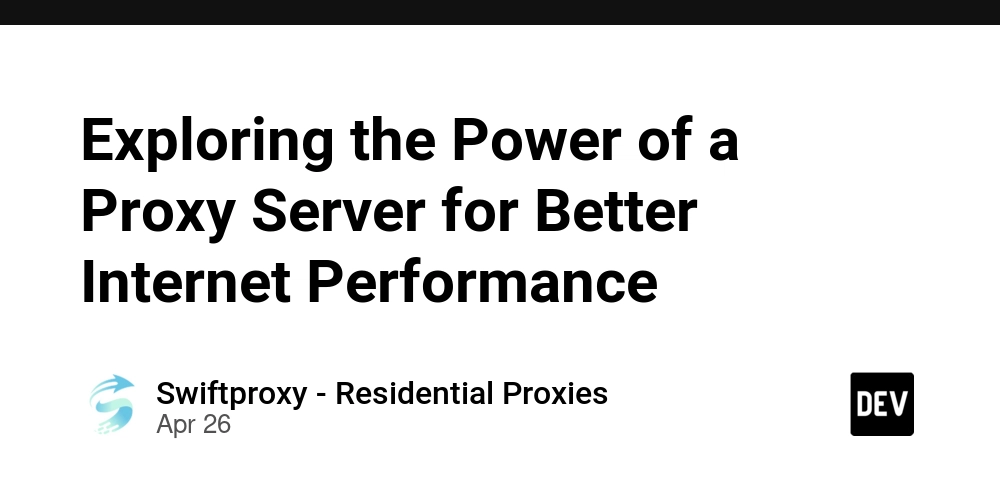
In the world of online browsing, there’s a secret weapon that can transform your internet experience—whether you’re protecting your personal data or speeding up your company’s network. Enter the proxy server. But what exactly is it?
A proxy server acts like a traffic cop, guiding your internet requests through a secure, controlled path instead of sending them directly to their destination. By acting as the middleman between you and the internet, proxies enhance your privacy, security, and even performance. In this article, let’s dive into how proxies work and why they’re indispensable in today’s digital age.
What Does Proxy Server Mean
A proxy server is like a gateway between your device and the vast expanse of the internet. When you request a webpage, the request doesn’t go directly to the site. Instead, it first reaches the proxy. The proxy processes the request, fetches the data, and then sends it back to you.
Imagine you’re sending a letter. Instead of mailing it directly to the recipient, you drop it off at the post office (the proxy), which handles the delivery. This is how proxies route your internet traffic—securely and efficiently.
But the benefits go beyond just routing. Proxies can enhance your security, improve privacy, and even speed up your connection.
Why Proxy Servers Matter
You might be wondering: Why bother with a proxy? Let’s break it down:
Boosted Security
One of the biggest perks of using a proxy is the added layer of security. The proxy acts as a protective barrier between you and potentially harmful sites. It filters out malicious content before it can even reach you. This helps block phishing attacks, malware, and other threats.
Think of it as an immune system for your internet browsing, keeping harmful elements at bay.
Anonymity and Privacy
Your privacy is precious. With a proxy, you can shield your real IP address from the websites you visit. Instead of your personal information being exposed, the site sees the IP address of the proxy. This is especially useful when you’re browsing sensitive content or shopping online.
Also, if you want to access content that’s restricted to certain regions, a proxy can make it appear as if you’re browsing from another country. That means you can bypass geo-blocks and access streaming services or websites that would otherwise be off-limits.
Speed and Performance
Who doesn’t love faster internet? Proxies cache (store) copies of websites, meaning they don’t need to fetch the same data every time you visit. So, when you request a site, the proxy serves up a faster version, reducing load times and improving browsing speed.
For businesses, this can reduce bandwidth usage and enhance overall network performance. No more waiting for pages to load—just smooth, fast browsing.
Proxy Server Types You Need to Know
Not all proxies are created equal. There are different types, and each serves a unique purpose. Here’s a quick rundown:
Forward Proxy
The forward proxy is the most common type. It stands between your device and the internet, forwarding your requests. It’s often used in corporate settings to monitor and control employees' internet access, ensuring they’re visiting safe and appropriate sites.
Reverse Proxy
While a forward proxy handles client requests, a reverse proxy works for the server side. It’s used by websites to manage incoming traffic. The reverse proxy decides which server should handle the request, helping distribute the load evenly. This keeps websites fast and responsive, even during peak traffic times.
Transparent Proxy
A transparent proxy doesn’t alter your data. It just forwards it along its way. These are often used for caching or monitoring network activity without changing the content of the data.
Real-World Proxy Server Use Cases
To truly understand proxies, let’s look at how they’re used in the real world.
Enterprise Security
In the corporate world, proxies are a staple. They protect networks from cyber threats by filtering harmful sites and controlling internet access. Employees can’t access dangerous content, and the company can track and manage online activity.
It’s the first line of defense in any business’s cybersecurity strategy.
Breaking Through Geo-Limits
Ever tried to watch a video, only to be hit with a “not available in your region” message? Proxies make that problem disappear. By routing your traffic through a proxy server in a different location, you can access content that’s blocked in your country. It’s perfect for streaming services, global news, and more.
Optimizing Bandwidth and Speed
For ISPs and large businesses, proxies help reduce traffic congestion. By caching frequently accessed sites, proxies reduce the load on servers and improve browsing speed. They also allow businesses to track bandwidth usage, ensuring that limits aren’t exceeded.
The Hurdles of Using Proxy Servers
Like any tool, proxies have a few potential drawbacks.
Speed Issues: If too many people are using the same proxy, or it’s not set up right, it can slow down your connection. Proper configuration and regular monitoring are key to keeping things running smoothly.
Configuration Mistakes: A misconfigured proxy can expose your network to security risks. Make sure your proxy settings are accurate to avoid vulnerabilities.
Conclusion
Proxy servers are more than just tech jargon—they’re powerful tools that can transform how you experience the internet. From enhancing security and privacy to improving speed and bypassing content restrictions, proxies offer practical solutions for everyday internet users and businesses alike.
By understanding the basic principles of proxy servers, you’re taking the first step toward a more secure, efficient, and anonymous online experience. Whether you’re an individual looking to protect your privacy or a company aiming to optimize your network, proxies are the key to mastering your digital environment.











































































































































































![[The AI Show Episode 144]: ChatGPT’s New Memory, Shopify CEO’s Leaked “AI First” Memo, Google Cloud Next Releases, o3 and o4-mini Coming Soon & Llama 4’s Rocky Launch](https://www.marketingaiinstitute.com/hubfs/ep%20144%20cover.png)





























































































































![[FREE EBOOKS] AI and Business Rule Engines for Excel Power Users, Machine Learning Hero & Four More Best Selling Titles](https://www.javacodegeeks.com/wp-content/uploads/2012/12/jcg-logo.jpg)














































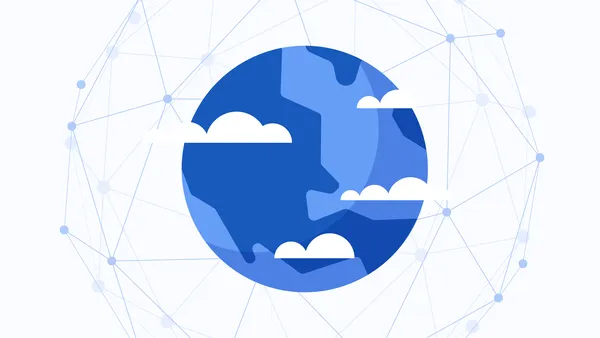








.jpg?width=1920&height=1920&fit=bounds&quality=70&format=jpg&auto=webp#)








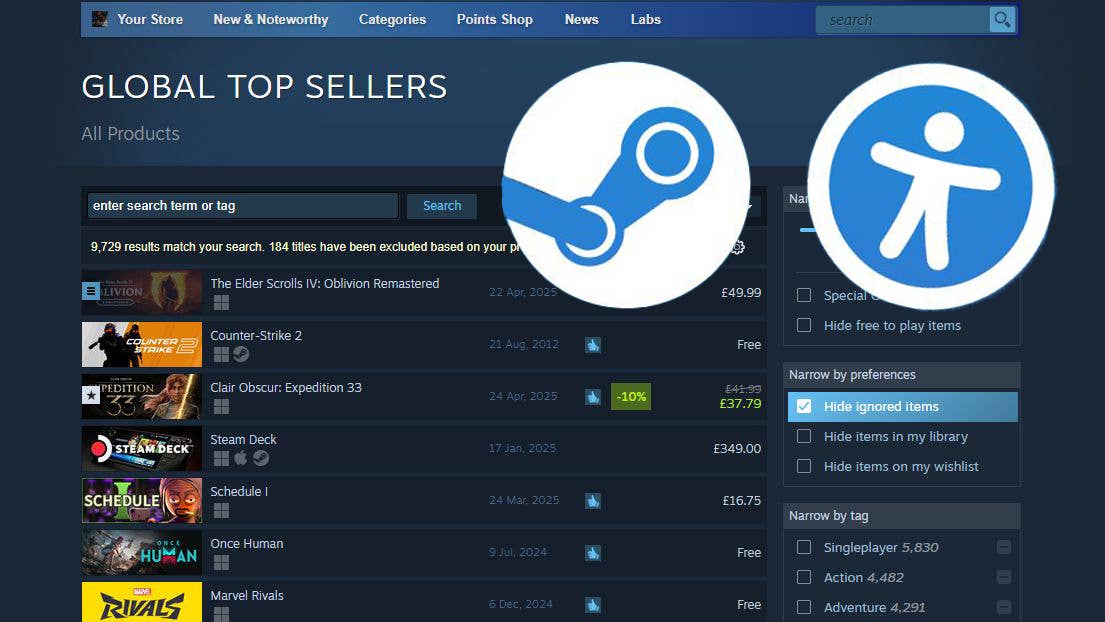












































































_Olekcii_Mach_Alamy.jpg?width=1280&auto=webp&quality=80&disable=upscale#)

























































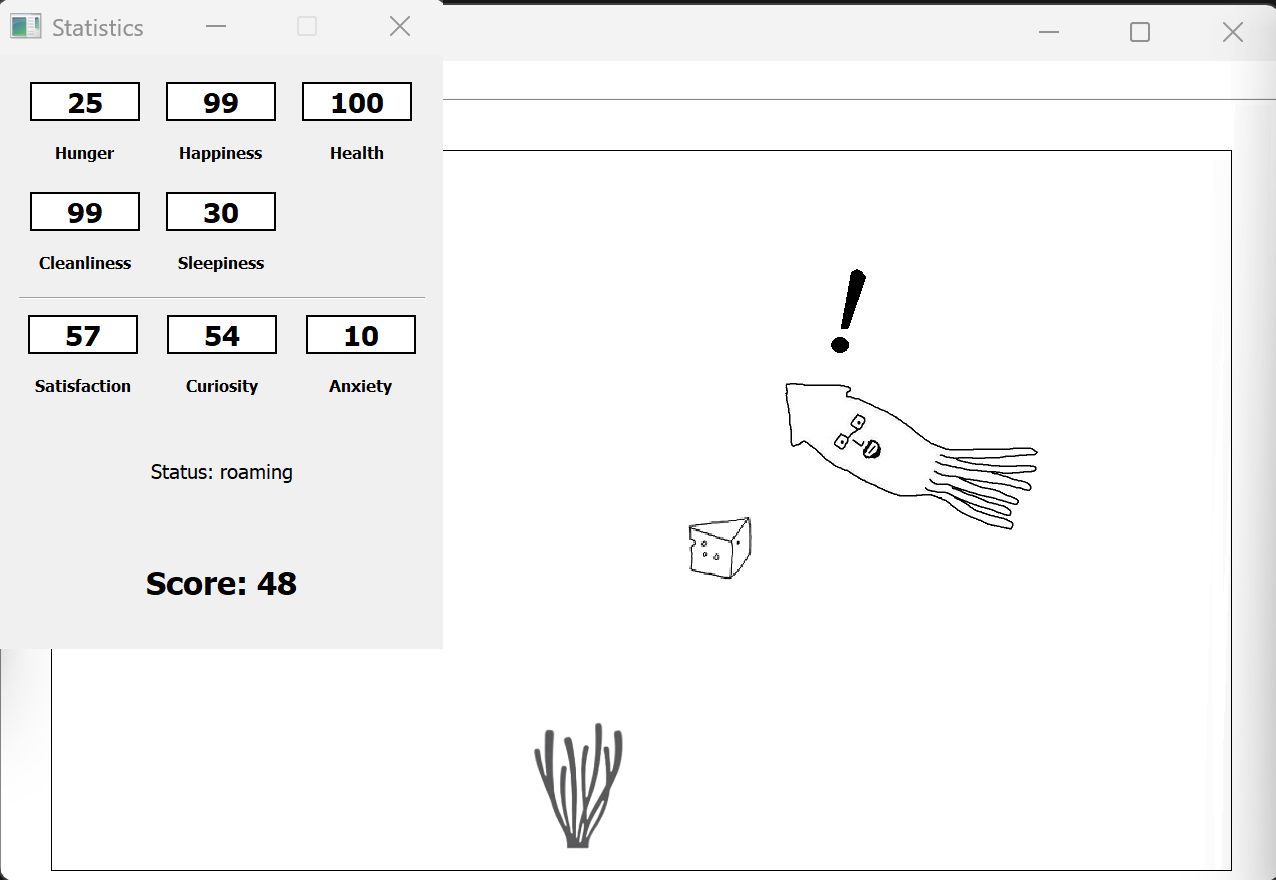


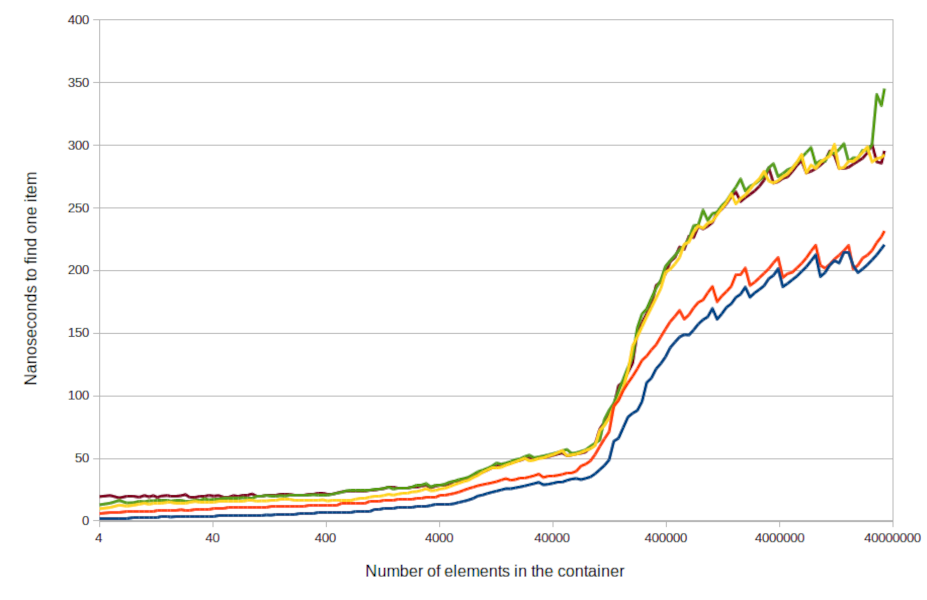




























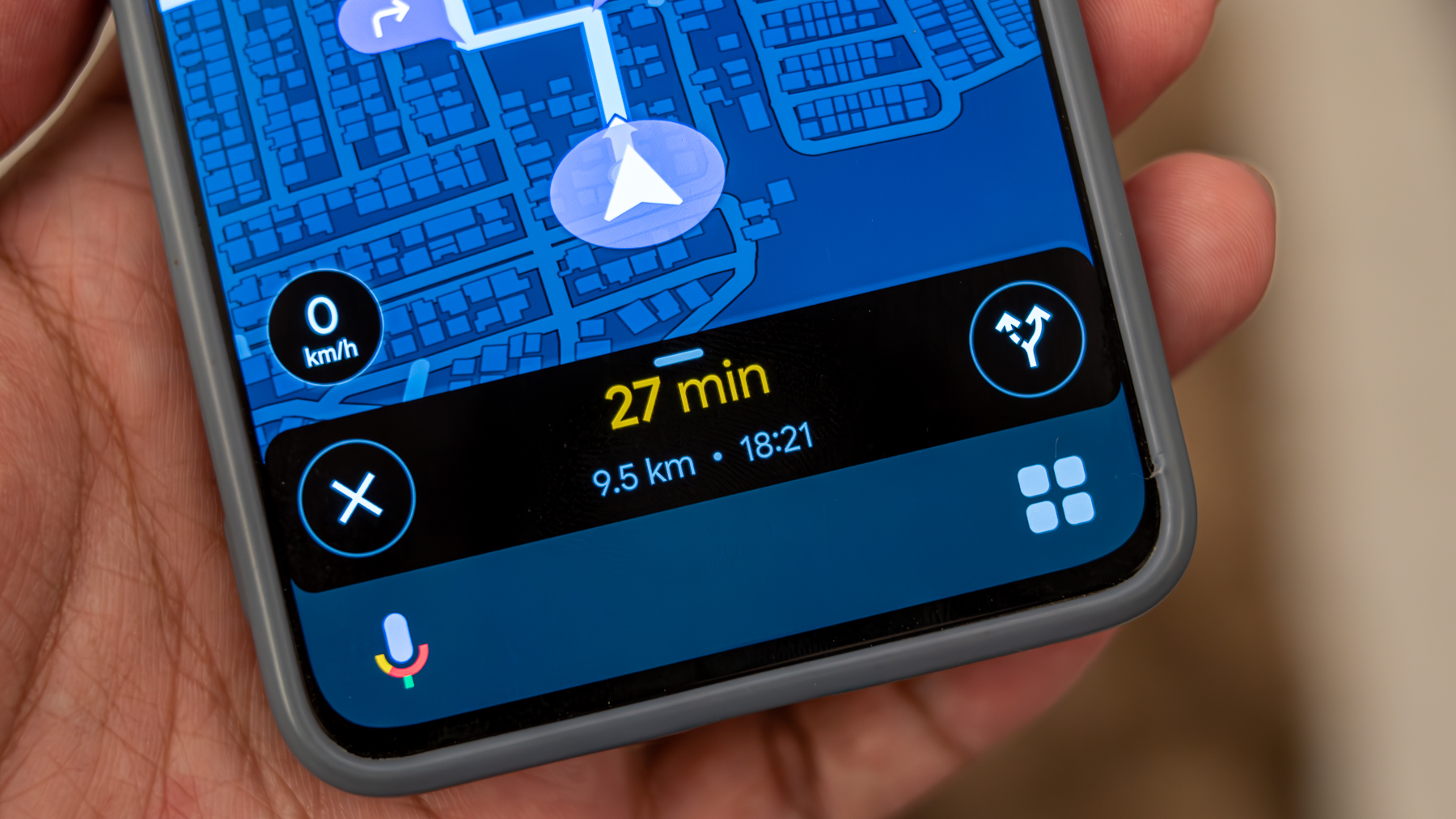
























![Apple Drops New Immersive Adventure Episode for Vision Pro: 'Hill Climb' [Video]](https://www.iclarified.com/images/news/97133/97133/97133-640.jpg)

![Most iPhones Sold in the U.S. Will Be Made in India by 2026 [Report]](https://www.iclarified.com/images/news/97130/97130/97130-640.jpg)
![Apple to Shift Robotics Unit From AI Division to Hardware Engineering [Report]](https://www.iclarified.com/images/news/97128/97128/97128-640.jpg)



















































